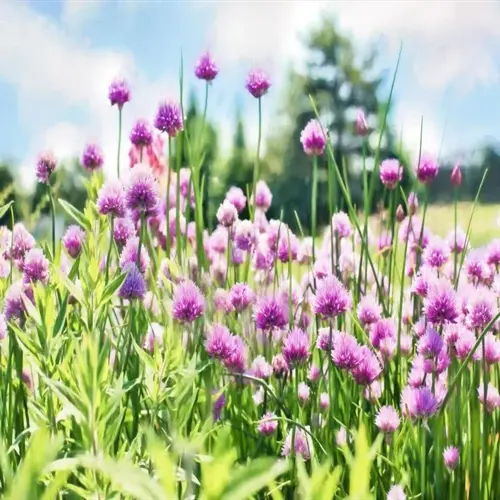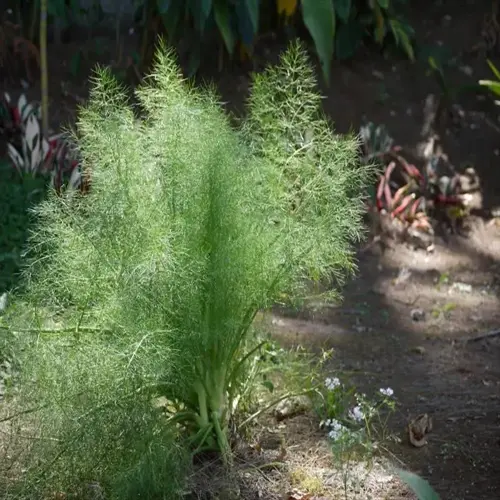Can fennel be grown indoors year-round?

Written by
Julia Anderson
Reviewed by
Prof. Samuel Fitzgerald, Ph.D.Growing fennel indoors will allow you to enjoy fresh herbs any time, regardless of what is happening outdoors. Leaf types are very suited for container growth with proper light management. I have had productive indoor fennel for three years, with regular harvests. Your success with indoor fennel will be in providing Mediterranean-type growing conditions indoors.
Light Requirements
- Intensity: Minimum 5,000 lux for 8 hours daily
- Spectrum: Full-spectrum LED grow lights at 6-inch (15 cm) height
- Duration: 14-16 hour photoperiod using automatic timers
Environmental Control
- Temperature: Maintain 60-75°F (15-24°C) with thermostat
- Humidity: 40-50% levels using hygrometer monitoring
- Airflow: Oscillating fan running 4 hours daily for circulation
Container Specifications
- Size: 10-12 inch (25-30 cm) diameter pots with drainage
- Soil: 50% potting mix, 30% compost, 20% perlite blend
- Location: South-facing windows or dedicated grow station
Control light accurately with full-spectrum LED panels. Position lights at 6" (15cm) above plants and adjust weekly. Use light meters to ensure a minimum lux intensity of 5,000. Rotate pots 90 degrees every three days to prevent asymmetric growth. Augment natural light during the winter period.
Use humidity levels of 40-50% with pebble trays (add water to trays as necessary). Mist lightly during the morning. Run oscillating fans for 4 hours a day (they can be left on while you're away, repositioning plants each time). These methods help prevent powdery mildew, which most commonly occurs in stagnant air indoors. Check underneath leaves regularly and look for the first signs of disease weekly.
Harvest leaves strategically that allow for continual production. First, cut the outer fronds, leaving the central point of growth. Do not take more than 30% of the foliage at a time. Time the harvests for the morning hours when there is dew. After each cutting, apply diluted fish fertilizer to promote regrowth.
Tackle indoor challenges ahead of time. Manage spider mite outbreaks with weekly neem oil treatments. Monitor for fungus gnats with yellow sticky traps. Refresh the soil annually, removing the top 3 inches (7.5 cm). Your indoor fennel garden will allow you to enjoy fresh flavors year-round.
Read the full article: How to Grow Fennel Successfully at Home

